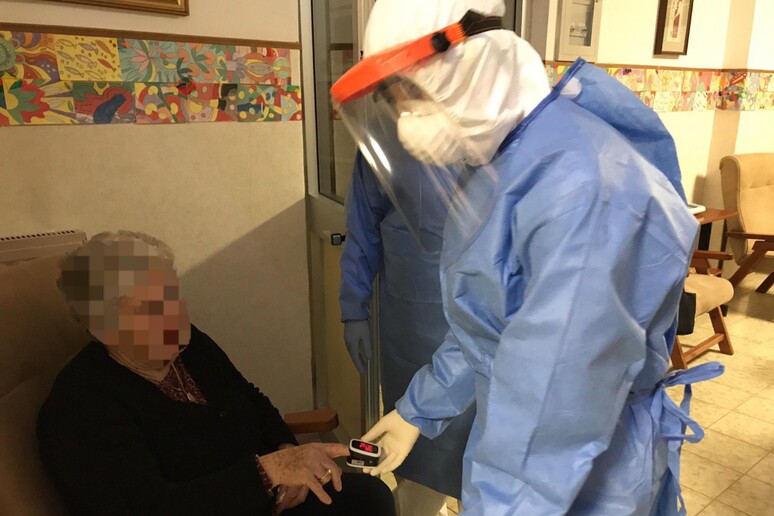Experts in the US and Italy say
they are seeing signs that the novel coronavirus, or COVID-19,
may be damaging the hearts, brains and skin of those infected
and not only the lungs as was initially thought.
One of the first cases was described in the Jama Cardiology
journal in mid-March by Marco Metra, a cardiologist at the
Spedali Civili hospital in Brescia, northern Italy.
Metra noted at that time that it was important to note "acute
myocarditis as a possible complication associated with
COVID-19".
The New York Times then reported in early April that:
"Physicians diagnosed a dangerous condition called acute
necrotizing encephalopathy, a rare complication of influenza and
other viral infections" in a case in Detroit of a woman
diagnosed with COVID-19.
"The pattern of involvement, and the way that it rapidly
progressed over days, is consistent with viral inflammation of
the brain," Dr. Elissa Fory, a neurologist with Henry Ford
Health System, told the NYT in an email. "This may indicate the
virus can invade the brain directly in rare circumstances."
Another symptom possibly linked to COVID-19 infection is a
sort of chilblains suffered by asymptomatic children.
No link has yet been proven but a team of Italian specialists
has asked the head of Italy's Higher Health Institute (ISS),
Silvio Brusaferro, to look more closely at the possibility after
recent reports by French dermatologists.
Similar cases were reported in patients in China's Wuhan.
ALL RIGHTS RESERVED © Copyright ANSA











